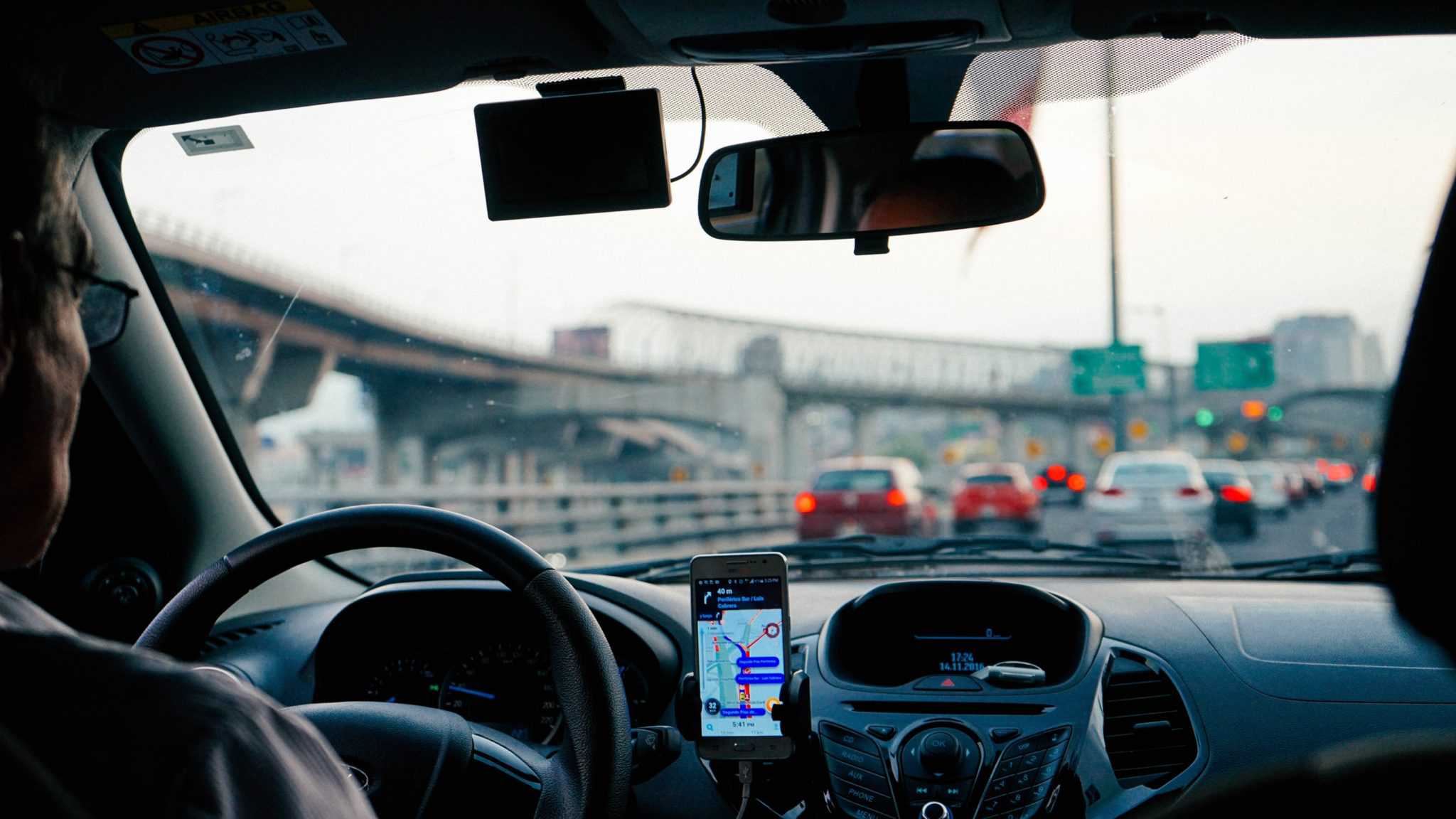Randon Herrera is a student at Harvard Law School.
Rideshare companies Uber and Lyft have announced plans to provide funds for drivers affected by coronavirus. According to The Hill, an Uber spokesperson stated on Friday that the rideshare company will make funds available to drivers infected or quarantined due to the virus to make up for up to 14 days of lost revenue. Though details have not been released, Lyft stated on Sunday that it would provide similar compensation to its drivers. DoorDash and Instacart are also reportedly considering providing funds to their drivers.
This past Thursday, the Department of Homeland Security announced intentions to make available an additional 35,000 H-2B temporary nonagricultural worker visas for fiscal year 2020. Of these visas, DHS has stated that 10,000 will be set aside for nationals of Guatemala, El Salvador, and Honduras. Additionally, DHS also stated that it will be implementing anti-fraud and abuse measures in the administration of the visas, including by: requiring matching start dates on H-2B petitions and employer’s stated date of start, collaborating with the Department of Labor on increased employer site visits, and generally limiting visas to returning workers “who are known to follow immigration law in good faith.”
On Sunday, Virginia passed a bill that would end the state’s ban on public sector collective bargaining. Though this bill gives local government workers the right to collectively bargain if their locality opts in, it does not mandate that localities opt in, reports the Washington Post. A mandate was passed by the Virginia House but did not make it through the Senate. Some fear that the bill will not have a significant effect since there is nothing compelling localities to allow collective bargaining. Prior to this enactment, Virginia was one of three states, along with North and South Carolina, with an outright ban on public sector collective bargaining.
A new law was just passed in New Mexico, banning pregnancy employment discrimination. Bloomberg Law reports that the new law makes it illegal for employers to discriminate against employees due to pregnancy, childbirth, or other related conditions. The law requires employers to make “reasonable accommodations” to women who are pregnant or have recently given birth. The law also makes pregnancy and recent childbirth protected classes under the state’s Human Rights Act.






Daily News & Commentary
Start your day with our roundup of the latest labor developments. See all
April 17
Southern governors oppose UAW organizing in their states; Florida bans local heat protections for workers; Google employees occupy company offices to protest contracts with the Israeli government
April 16
EEOC publishes final regulation implementing the Pregnant Workers Fairness Act, Volkswagen workers in Tennessee gear up for a union election, and the First Circuit revives the Whole Foods case over BLM masks.
April 15
The Supreme Court ruled in favor of bakery delivery drivers in an exemption from mandatory arbitration case; A Teamsters Local ends its 18-month strike by accepting settlement payments and agreeing to dissolve
April 14
SAG-AFTRA wins AI protections; DeSantis signs Florida bill preempting local employment regulation; NLRB judge says Whole Foods subpoenas violate federal labor law.
April 12
The EEOC weighs in on an anti-discrimination lawsuit against Workday; a rule expanding overtime protection moves closer to publication; Amazon decreases spending on anti-union consultants.
April 11
Maine Legislature votes to grant farm workers minimum wage and labor rights; Apple store workers in New Jersey petition to unionize; and Wisconsin Governor vetoes legislation to rollback child labor laws.